- How Much Weight Can You Realistically Lose in 3 Months? - January 14, 2024
- How To Lose 1kg a Week (Guaranteed) - August 20, 2023
- How To Count Calories (or Estimate) and Stay on Track When Eating Out at Restaurants - July 25, 2023
TL;DR: No. Just make sure you hit your calorie targets, then your protein target. After that your carb/fat ratio doesn’t matter that much.
OH NO I DIDN’T!
Yeah, I went there, your macros DON’T matter.
Ok that might be a bit extreme, there are some caveats to this claim; if you’re at the elite level of physique competitions, or trying to optimize your performance at the very top level of your chosen sport, they probably do matter a bit, but for the average joe (yeah, sorry you are an average joe), they are way way down the list of stuff you should worry about when trying to gain muscle or drop body fat.
If you’re trying to lose weight it doesn’t matter what you eat if you’re in a calorie deficit. You could be eating 100% of your calories from carbs, as long as you’re in a calorie deficit, the macro split does not matter.
Just to go into a little more detail about these caveats, here’s some more detail on situations where macros might matter;
(If you aren’t one of these and you’re not interested then you can skip the next few paragraphs).
ELITE LEVEL PHYSIQUE COMPETITORS
At the very end of a long, aggressive dieting phase, physique competitors may wish to increase their ratio of carbs in order to optimise food volume – carbs are generally more calorie sparse compared to fat, so when on very low calories, increasing carbs and lowering fat may help to increase satiety.
Carbs may also be increased further (at the expense of fat) in the last couple of days before a competition in order to max out muscle glycogen stores. This will make muscles appear bigger because they’re full of glycogen (stored carbohydrate).
Throughout the duration of a diet where weight loss is the primary goal, protein may be increased for its thermogenic effects (the body requires more energy to digest protein than carbs or fat), therefore, a diet phase where protein is higher may result in more fat loss than a diet that’s lower in protein (all else being equal).
All these tactics will make very small differences, but at the elite level, these may be the difference between 1st and 2nd place.
PROFESSIONAL SPORTSPEOPLE AT THE TOP OF THEIR GAME
It’s generally accepted that carbohydrate is the optimal fuel source for short to medium-term intense activity, therefore sportspeople might do well to increase their level of carbohydrates (over fat) around big games or events to maximize performance.
Some sports where this rule might not apply are ultra-marathons or powerlifting.
Ultra marathons are performed at relatively low intensities over very long periods of time, meaning fat will most likely be the optimal fuel source.
Powerlifting involves bouts of force production that take place over a matter of seconds, too short a period for carbohydrates to be utilized (ATP is the preferred fuel source for quick, powerful muscular contractions), powerlifters may want to adjust their macronutrients based on this.
PEOPLE LOOKING TO OPTIMISE NUTRIENT DENSITY
A diet that prioritizes nutrient density may be high in protein and fat and lower in carbohydrates.
That is NOT to say that predominantly carbohydrate foods aren’t nutrient-dense – fibrous and starchy vegetables can both be nutrient-dense but generally contain lower calories, so will therefore make up a smaller proportion of the overall macro split.
WHY DON’T MACROS MATTER FOR WEIGHT LOSS?
Actually, before we get going…
Protein DOES matter
Why?
Protein does some cool stuff, such as;
- Aids muscle building (if your training volume is high enough to allow it)
- Triggers muscle protein synthesis (if leucine thresholds are met)
- Has more of a thermogenic effect (requires more calories to digest) than fat or carbs, meaning that just eating more protein can help you burn a few more calories, which is useful on a fat loss diet
- Has a high satiety rating (fills you up for a long time), again very useful on a fat loss diet as it means you won’t be as hungry
So protein is good for weight loss, but what matters more than protein?
CALORIES
Why?
Because if you want to lose body fat, you will fail unless you’re in a calorie deficit.
AND
If you want to gain muscle you’ll struggle* unless you’re in a calorie surplus
*I say struggle because there are studies that provide evidence that muscle can be built in a deficit, but I wouldn’t recommend this approach
If you get your calories wrong, everything else you’re doing to try and achieve your goal, whether that’s messing around with your macro ratios or drinking TEATOX products (if you do this you’re a moron) won’t have ANY effect.
Check out this diagram from Eric Helms.
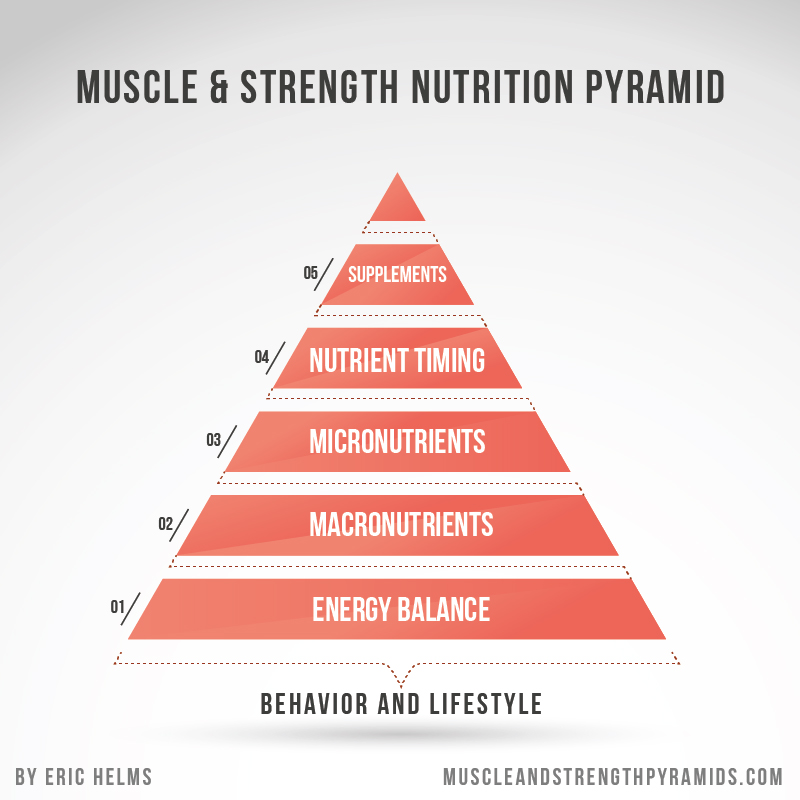
This illustrates the things you should pay the most attention to when working towards fat loss or muscle gain.
The things at the bottom of the pyramid are the most important, the stuff at the top is least important.
If you’re not achieving the stuff at the base of the pyramid, everything else above it becomes irrelevant.
Based on what I’ve just said, however, I’d add in an extra layer above ‘Energy Balance’ and below ‘Macronutrients’, – Protein.
Then I’d change ‘Macronutrients’ to ‘Carbs and Fat’, like so;
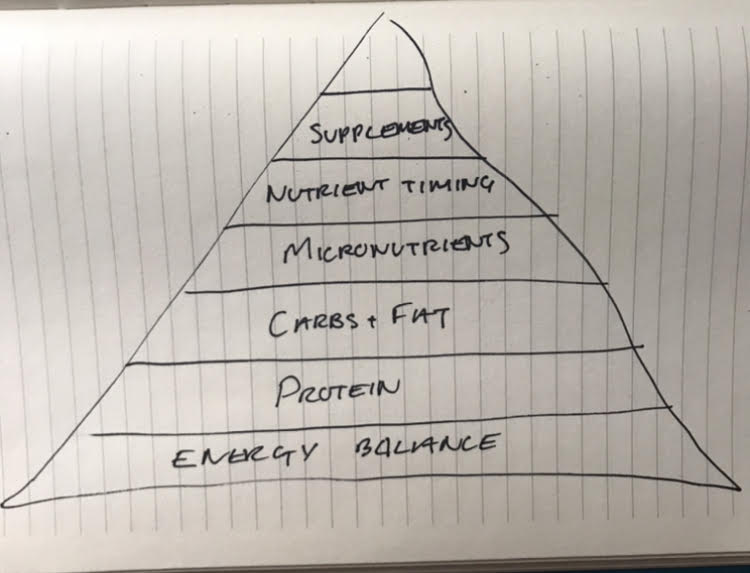
I believe that hitting protein targets is the next most important thing after hitting your calorie target, and after that, your fat/carb ratio is largely irrelevant.
So why do people harp on about macros so much?
Because fit pros want to overcomplicate things to confuse people so they can charge top dollar for nutrition plans with ‘optimized’ macronutrient ratios.
‘Hey Bro, you need to be on 20/20/60 for muscle gain and 30/30/40 for fat loss’.
BS.
There is no optimal ratio, aside from what you personally prefer.
For muscle gain or maintenance, it’s generally accepted that protein should be around the 1g per lb of bodyweight mark, so you should probably at least hit that (no biggie if you go over that amount).
Aside from that, just freestyle it.
Carbs fuel high-intensity training, so as long as you have enough energy to complete your training sessions with sufficient intensity, increasing them won’t have any discernable effect on your goals.
Fat helps with testosterone production, so as long as you’re getting enough to maintain adequate levels, increasing them won’t have any effect.
These thresholds will vary depending on the individual so the best way to determine your own ‘optimal’ ratio is to experiment.
Here’s my macro breakdown for the last 3 days. You can see that on these three consecutive days my macro split is totally different.
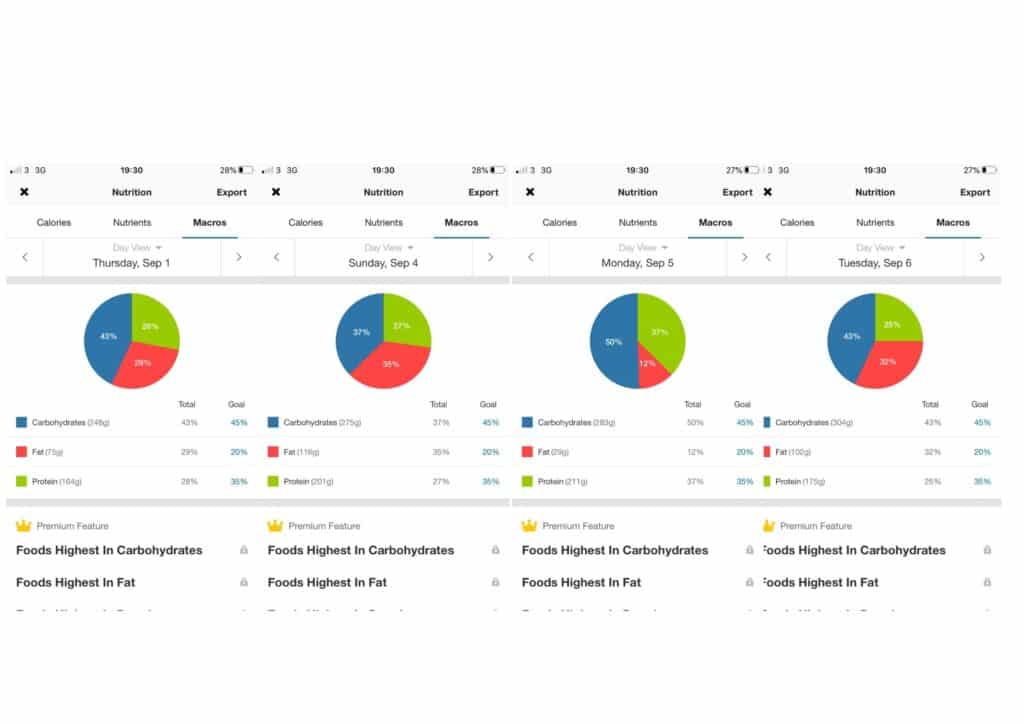
My target for protein was 180g per day (because I weigh 180lbs), which on avreage over those 4 days, I’ve hit. I’ve also hit my calorie target each day. Then I’ve just made up the rest with varying amounts of carbs and fat.
It’s pretty much that simple, you don’t need to stress over ‘optimal’ ratios, because such a thing doesn’t
DO MACROS MATTER FOR OVERALL HEALTH?
Yes and No.
Yes because if you were to completely cut out any one single macro, that probably wouldn’t be great for your health.
Just imagine;
- If you cut out out carbs that would mean eating no fruit and veg
- If you cut out protein that would severely limit your ability to build or maintain muscle mass, or get important vitamins and minerals in your diet, such as B12 and Zinc
- If you cut out fat, that could hamper hormone production and again mean getting very little Omega 3 or Vitamin D in your diet
All of these situations aren’t great for your health.
No, because the ratios of each macro don’t really matter that much if you just ensure you’re eating a balanced diet, and that most of your meals contain a reasonable mix of protein, carbs and fats.
SO WHAT DO I DO NOW?
- Establish a daily and/or weekly calorie target, make sure you’re hitting that consistently
2. Establish a daily protein target, make sure you’re hitting that consistently
3. Fill the rest of your calories with carbs and fats in a ratio that suits you
If you’re already tracking your calories, great.
Consider not placing so much attention on your macro split (with the exception of protein). If your trainer/coach/guy at work who goes to the gym now again says you NEED a certain macro split to gain muscle or lose fat, that’s a pretty conclusive signal that they have no idea what they’re talking about.
IF YOU REALLY WANT A MACRO CALCULATOR…
NOW, if sticking to a precise ratio each day works for you and makes you happy, great, keep doing that, just know that it’s not necessary. If you really do want a set ratio, here’s a handy macro calculator for you;
Free CalculatorLet’s get away from this idea that we need to actively track macros.
Track your calories and My Fitness Pal will do the macro-tracking leg work for you.
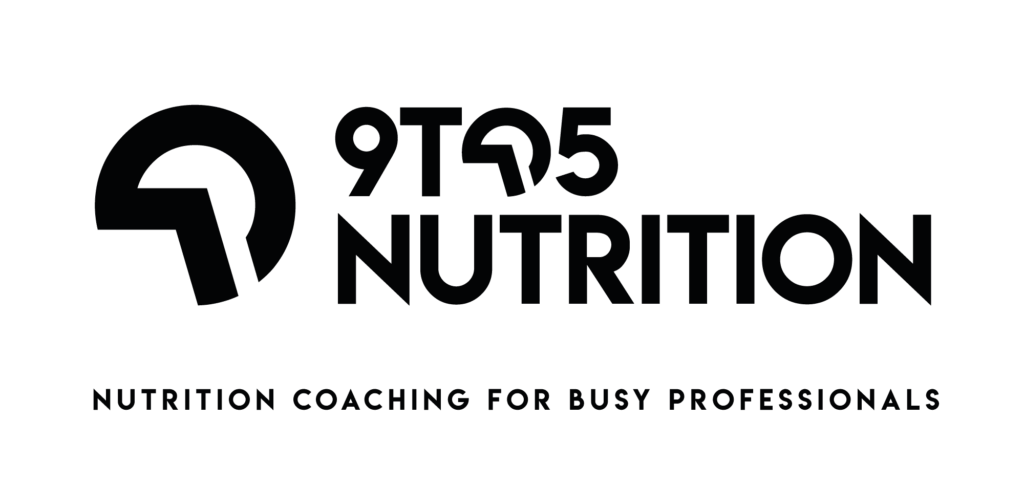
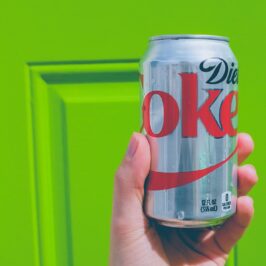
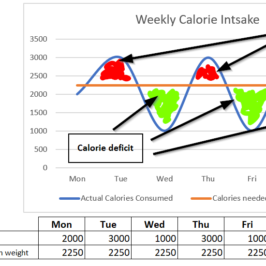
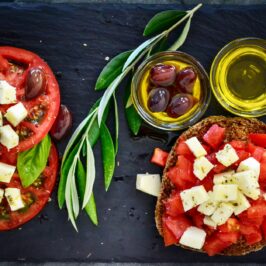
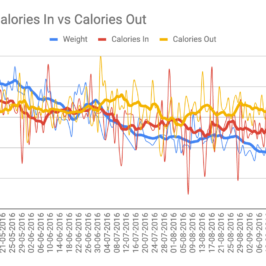
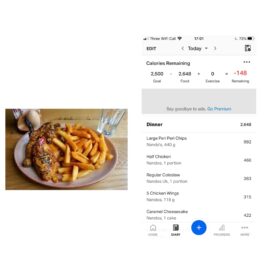
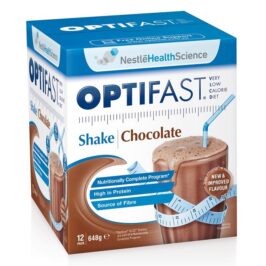
Leave a Reply